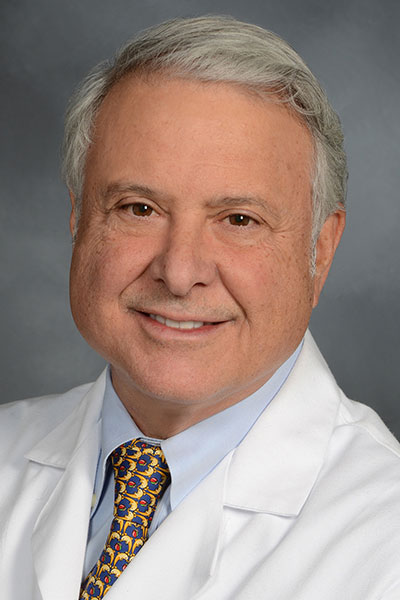More data supporting combination therapy for weight loss is on the way. Researchers will reveal detailed results for a fixed-dose combination of semaglutide and long-acting amylin analogue cagrilintide in Efficacy and Safety of CagriSema 2.4mg/2.4 mg in Adults with Overweight/Obesity—the REDEFINE 1 and REDEFINE 2 Clinical Trials. The symposium will be presented on Sunday, June 22, from 8:00–9:30 a.m., in Room 375 A of the McCormick Place Convention Center.

“We have had a flurry of new data in terms of weight management and impact from studies with GLP-1 (glucagon-like peptide-1) and dual GLP-1/GIP (glucose-dependent insulinotropic peptide) agonists, with a number of other dual agonists in the pipeline,” said Melanie J. Davies, MB, ChB, MD, Professor of Diabetes Medicine at the University of Leicester Diabetes Research Centre, United Kingdom. “This is the next agent in that combination drug story. It will be helpful to see the REDEFINE data in the round and see what’s in store for future therapies in this field.”
Thomas A. Lutz, DVM, PhD, Professor of Veterinary Physiology, Institut für Veterinärphysiologie, Universität Zürich, Switzerland, will introduce the combined mechanism of action. Cagrilintide is an insulin and leptin sensitizer and can induce weight loss as monotherapy.
Julio Rosenstock, MD, Senior Scientific Advisor for Velocity Clinical Research, Director of Velocity’s site at Medical City Dallas, and Clinical Professor of Medicine at the University of Texas Southwestern Medical Center, will give an overview of the REDEFINE study design. The phase 3 program compares CagriSema versus placebo in individuals with overweight/obesity, with or without type 2 diabetes. In REDEFINE 1, individuals without type 2 diabetes showed notable weight loss after 68 weeks, as did individuals with type 2 diabetes in REDEFINE 2.

W. Timothy Garvey, MD, MACE, Professor of Nutrition Science at the University of Alabama at Birmingham, will break down the topline efficacy results of REDEFINE 1. Both REDEFINE 1 and REDEFINE 2 track changes in body composition and other metabolic factors and include multiple substudies.
Dr. Davies will explore efficacy findings in REDEFINE 2, including continuous glucose monitoring (CGM), time in range (TIR), A1C, and other secondary endpoints.
Sue D. Pedersen, MD, FRCPC, DABOM, C-ENDO and Clinical Lecturer, Cumming School of Medicine, University of Calgary, Canada, will detail safety findings. Topline data noted the expected gastrointestinal-related adverse events were primarily mild to moderate.
Louis J. Aronne, MD, FACP, DABOM, Sanford I. Weill Professor of Metabolic Research at the Weil Cornell Medicine Comprehensive Weight Control Center, will explore the clinical implications of the trials.
“We are just at the beginning developing effective treatments for obesity,” Dr. Aronne said. “We have two highly effective medicines right now to treat obesity, while there are 100 medicines for hypertension. Look at diabetes and there are dozens of different approaches. We’re now finding that all of the diseases that are known complications of obesity, like diabetes, heart attack and stroke, fatty liver disease, kidney failure, sleep apnea, and the list goes on, can be prevented or treated by treating the obesity. We need different treatments for people who have obesity that will then prevent them from ever developing these complications.”
On-demand access to recorded presentations will be available to registered participants following the conclusion of the 85th Scientific Sessions, from June 25–August 25.

Watch the Scientific Sessions On-Demand after the Meeting
Extend your learning on the latest advances in diabetes research, prevention, and care after the 85th Scientific Sessions conclude. From June 25–August 25, registered participants will have on-demand access to presentations recorded in Chicago via the meeting website.

